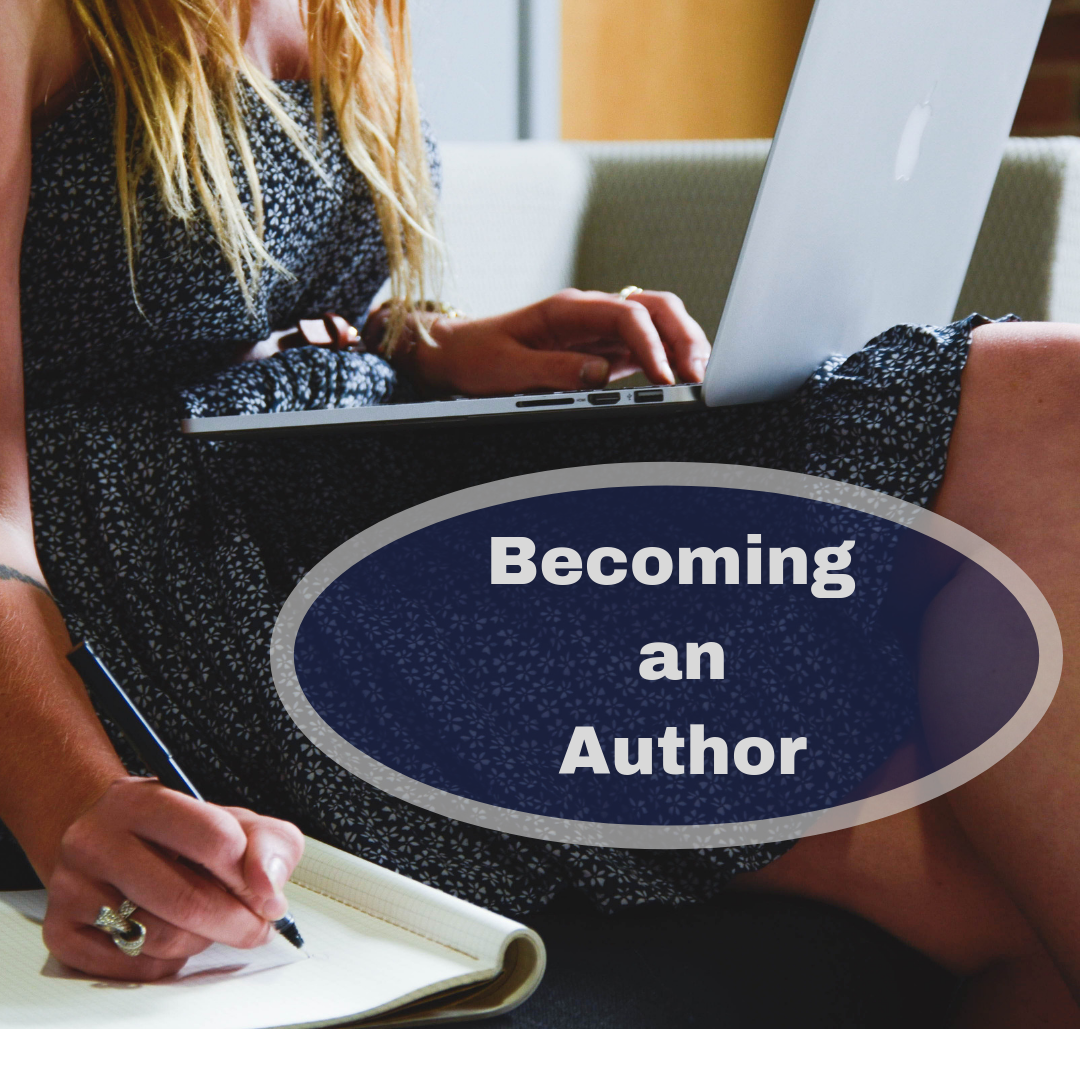
Writing with a Disability (Different Ability)
Great Expectations
Like most people, I entered the new year with high hopes and great expectations. Last year was a mixed…
January 28, 2024
Like most people, I entered the new year with high hopes and great expectations. Last year was a mixed…
January 28, 2024
My thoughts are still marinating on the past year. I’m ticking off half-done accomplishments and not-so-successful projects. This type…
January 27, 2024
In the previous post, I discussed how you can prepare for a literary agent by approaching the relationship with…
November 9, 2019
When I meet with writers at writing conferences, they aren’t always afraid to share why they want a literary…
October 9, 2019